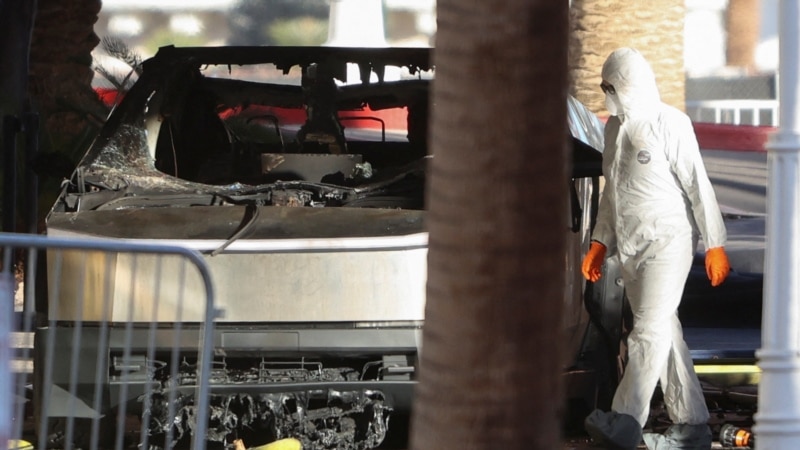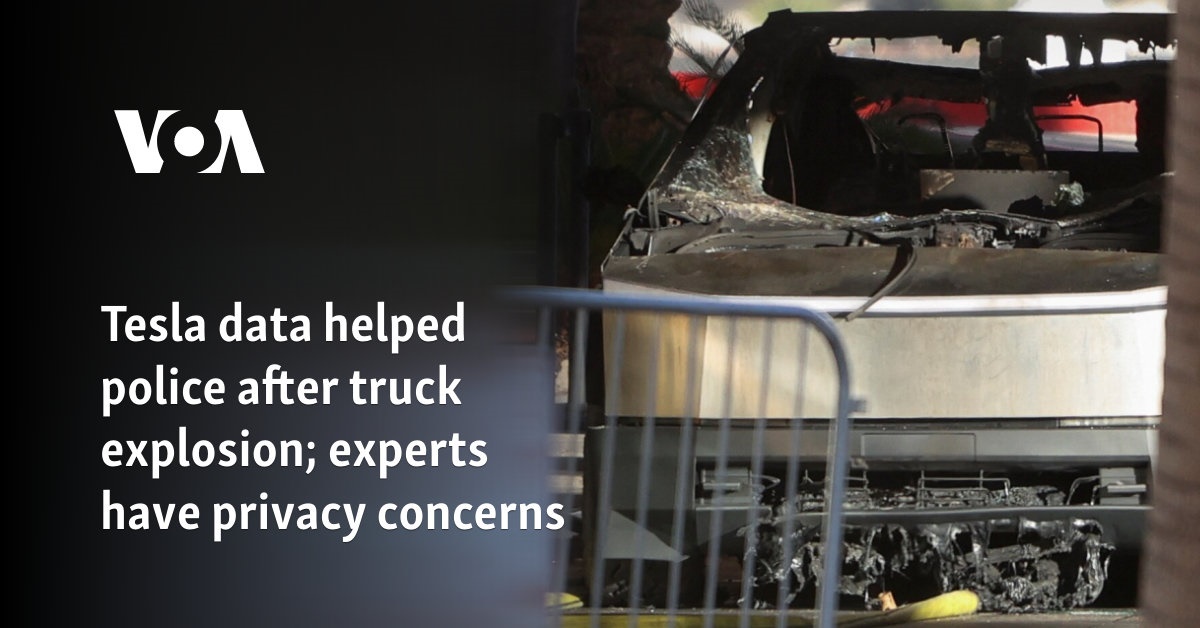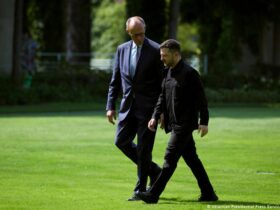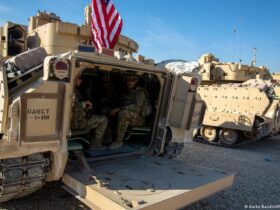
Your car is spying on you.
That’s one conclusion from the fast, detailed data that Tesla collected on the driver of one of its Cybertrucks, which exploded in Las Vegas, Nevada earlier this week. Privacy data experts say the deep dive from Elon Musk’s company was impressive, but it also highlights a tough question as vehicles become less like cars and more like computers on wheels.
“You probably want law enforcement to have the data to go after criminals, but can just anyone have access to it?” said Jody Daniels, CEO of privacy consulting firm Red Clover Advisors.
Many of the latest cars not only know where you are and where you’re going, but often also have access to your contacts, your call logs, your texts, and other sensitive information due to cell phone syncing.
Data collected by Musk’s electric car company proved valuable to police in tracking driver movements after a Cybertruck filled with fireworks burst into flames in front of the Trump International Hotel on Wednesday.
Within hours of the New Year’s Day explosion, which burned the driver beyond recognition and injured seven people, Tesla was able to track Matthew Leavelsberger’s movements from Denver to Las Vegas in detail — and confirm That the problem was the explosives in the truck, not the truck itself. Tesla used data collected from charging stations and onboard software.
“I especially have to thank Elon Musk,” Sheriff Kevin McMahill of the Las Vegas Metropolitan Police Department told reporters.
Some privacy experts were less enthusiastic.
“This shows what kind of pervasive surveillance is going on,” said David Choffness, executive director of the Cybersecurity and Privacy Institute at Northeastern University in Boston. “When something bad happens, it’s helpful, but it’s a double-edged sword. Companies that collect this data can misuse it.”
For example, in August General Motors was sued by the Texas Attorney General on charges of selling the data of 1.8 million drivers to insurance companies without their consent.
Cars equipped with cameras that enable self-driving features have added a new safety risk. Tesla itself came under fire after Reuters reported how employees from 2019 to 2022 shared sensitive videos and recordings of drivers with each other, including road rage incidents and in one case videos of nudity. were also included.
Tesla did not respond to emailed questions about its privacy policy. On its website, Tesla says it follows strict rules for keeping names and information private.
“No one but you will have information about your movements, location or history of where you have been,” according to a statement. “Your information is kept private and secure.”
Sam Abuelsamid, auto analyst at Telemetry Insight, said he doesn’t think Tesla is “particularly bad” compared to other auto companies at handling customer data, but he’s still concerned.
“This is one of the biggest ethical issues we have with modern vehicles. They are connected,” he said. “Consumers need to take control of their data.”
Tension escalated when the Cybertruck parked at the front door of Trump’s hotel started smoking and then burst into flames. Just hours earlier, the driver of another vehicle using the same peer-to-peer car rental service, Turo, drove into a crowd in New Orleans, Louisiana, killing 15 people in what law enforcement is calling a terrorist attack. .
Shortly before 1 p.m., Las Vegas police announced they were investigating a second incident.
“Tesla’s entire senior team is currently investigating this matter,” Musk wrote on Twitter. We will post more information as soon as we know.
Over the next few hours, Tesla was able to piece together Livelsberger’s journey across five days and four states by tracking his recharging stops at various locations, including Monument, Colorado, Albuquerque, New Mexico and Flagstaff, Arizona, among other things. .






Leave a Reply